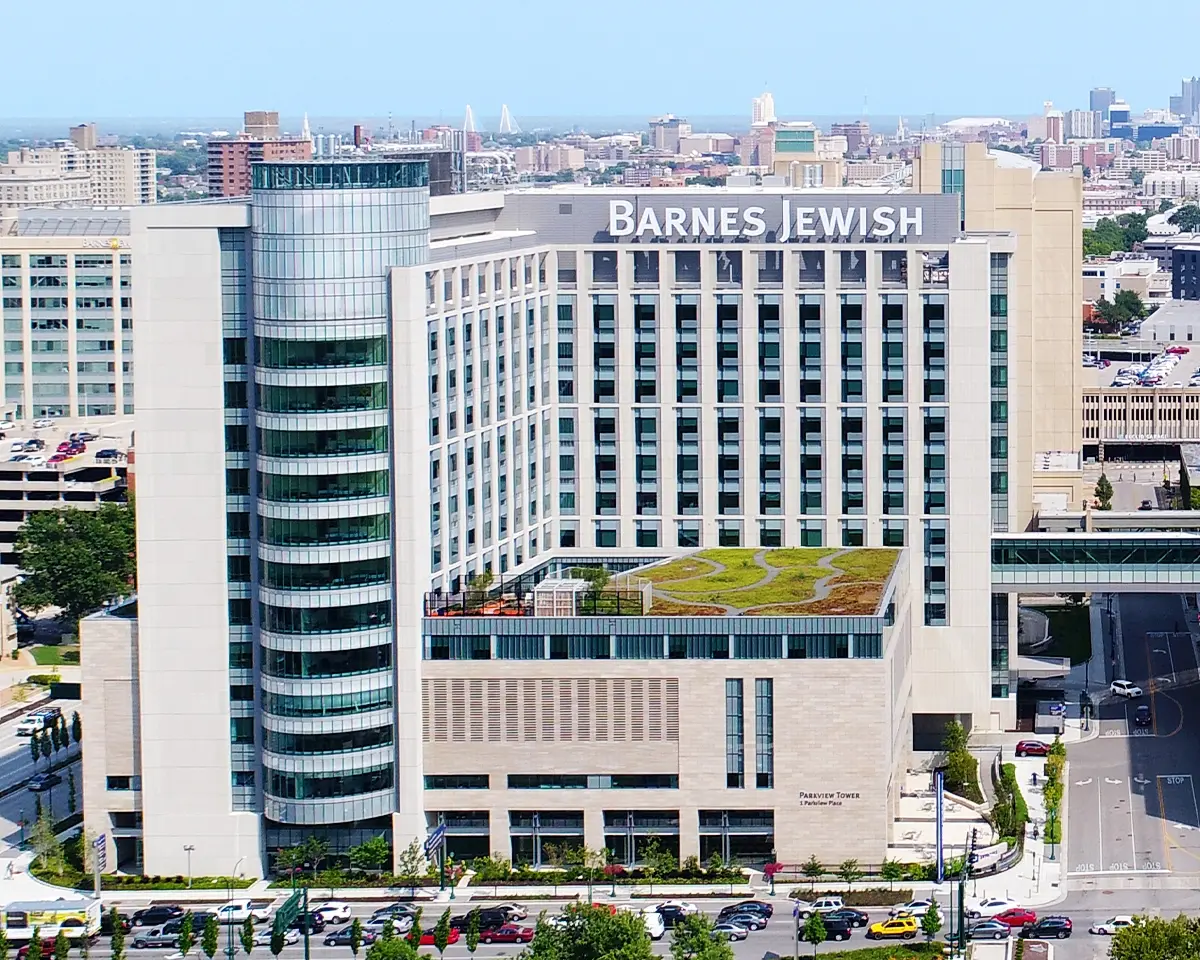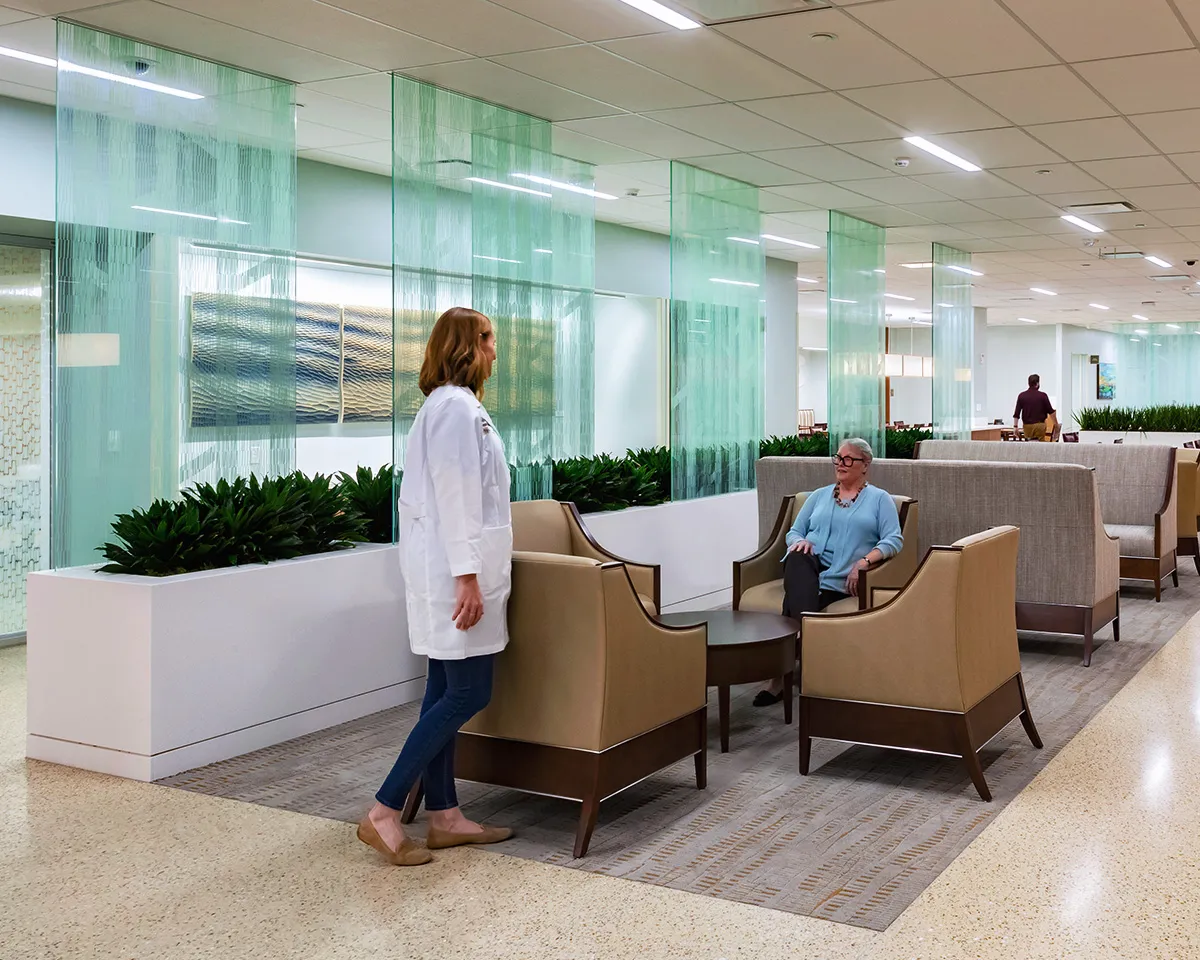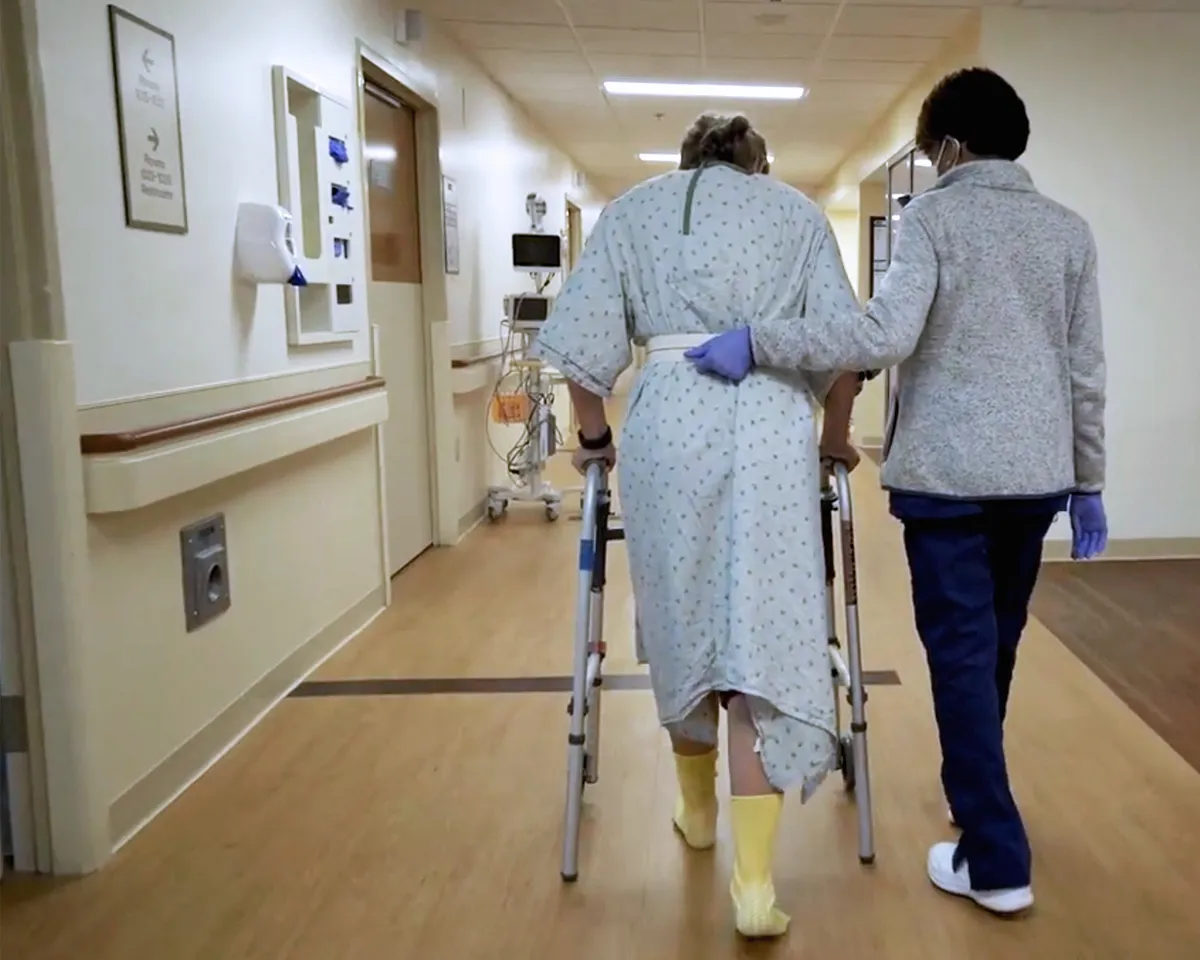Neuro-Ophthalmology
Neuro-ophthalmologists specialize in evaluating, diagnosing and treating vision problems caused by a nervous system disorder. When you choose our team of specialists you have access to the region’s leading neuro-ophthalmology experts. We bring you innovative, effective treatments delivered with skill and compassion.
BJC HealthCare works with Washington University physicians, BJC Medical Group, and providers across the region to deliver extraordinary care. Treating neuro-ophthalmologic conditions requires specialized expertise. Our neuro-ophthalmologists are among the most experienced in the region. Your care is in the hands of an entire team of experts.
We offer:
Highly trained specialists: Our neuro-ophthalmologists have training in both neurology and ophthalmology. This combined expertise allows us to provide world-class medical and surgical care for neuro-ophthalmic diseases.
Unparalleled experience: We lead the largest neuro-ophthalmology practice in the region. Our high volumes mean you have access to some of the region’s most experienced neuro-ophthalmology experts.
Team-based care: Our team works closely with the specialists in our ophthalmologic diagnostic laboratories and optometry centers to bring you collaborative, comprehensive treatment. We also work hand-in-hand with Washington University neuroradiologists, neurosurgeons, neurologists and otolaryngologists to provide the best care to patients with neuro-ophthalmic diseases.
During an initial neuro-ophthalmology evaluation, you should expect to spend three to six hours at the appointment. During this timeframe, we complete thorough testing and offer targeted treatment recommendations.
To diagnose neuro-ophthalmic disorders, we use techniques that look at how each eye works independently, including:
Ability to distinguish color and fine detail
Depth perception
Peripheral vision (seeing out of the corner of your eye)
Sight
One test, called perimetry, measures your visual field by projecting spots of light onto a flat, lighted surface. You are asked to fix your gaze on one spot but respond when you detect the presence of another spot approaching. This is a relatively complex test that gives your neuro-ophthalmologist extensive information about the nature and location of disease within your optic nerve or brain.
Neuro-ophthalmologic disorders, or neuro-ophthalmic diseases, are conditions that affect your nervous system and your vision. They typically occur when conditions such as a stroke, brain tumor or multiple sclerosis damage the optic nerve (nerve that connects the eye to the brain).
We diagnose and treat a range of these conditions, including:
Optic neuritis
Pseudotumor cerebri
Papilledema
Myasthenia gravis
Giant cell arteritis
Optic neuropathy
Strabismus
Treatment depends on the underlying nature of the problem. Whenever possible, we use conservative techniques such as optical devices or prisms to eliminate double vision. We only turn to surgery when your symptoms don’t improve with other treatments.
Our specialists have extensive experience in injecting botulinum toxin to control blepharospasm (uncontrollable eye movements) and hemifacial spasm (twitching on one side of your face). These conditions cause involuntary closure of one or both eyes, and they can result in significant vision loss without treatment.
 Barnes-Jewish Hospital
Barnes-Jewish Hospital Barnes-Jewish West County Hospital
Barnes-Jewish West County Hospital Christian Hospital
Christian Hospital
- Resource
Schedule your appointment
Call (314) 362-9355 or (800) 392-0936 to schedule your appointment with a specialist.